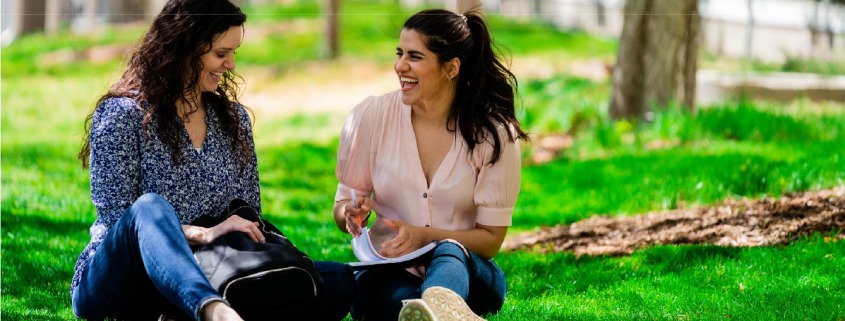Secondary Survivors are Survivors
CAPSA’s mission is to support and empower survivors as they go through the healing process, this includes secondary survivors who are caring for loved ones.
Who is a Secondary Survivor?
A secondary survivor is someone who has been exposed to abuse through witnessing an abusive event or someone they are close to disclosing the experience to them. Often, this refers to someone who is helping support the survivor through the healing process, such as a close friend, a relative, or even a parent. They may experience some of the same side effects of dealing with trauma such as depression, anxiety, and emotions related to abuse and healing.
Secondary survivors sometimes struggle with the emotions they feel, concerned that they are taking away from the survivor’s experience but the truth is there is no right way to feel when dealing with abuse. Secondary survivors may feel all, some, or none of the emotion’s survivors feel, and all these are valid responses.
How Does CAPSA Support Secondary Survivors?
CAPSA provides support and empowerment through services designed to meet the needs of survivors dealing with abuse, including secondary survivors. CAPSA’s therapy program is available, and our therapists recognize the difficulty that can come with being a secondary survivor.
Often, secondary survivors focus on finding healing for their loved ones. CAPSA offers therapy and advocacy to ensure this does not come at the expense of themselves. Friends and family move together and heal together, and ensuring the health and safety of secondary survivors benefits the survivors they worry about as well.
CAPSA’s therapists work with secondary survivors to ensure they have the knowledge and skills needed to be supportive and help them work through the emotional impacts of abuse.
If you are supporting a loved one through abuse and the healing process, know that you are not alone. CAPSA is here to provide support, information, and advice, and help you understand the process. You can contact CAPSA by calling 435-753-2500 to speak with a trained advocate and get the help you need.

